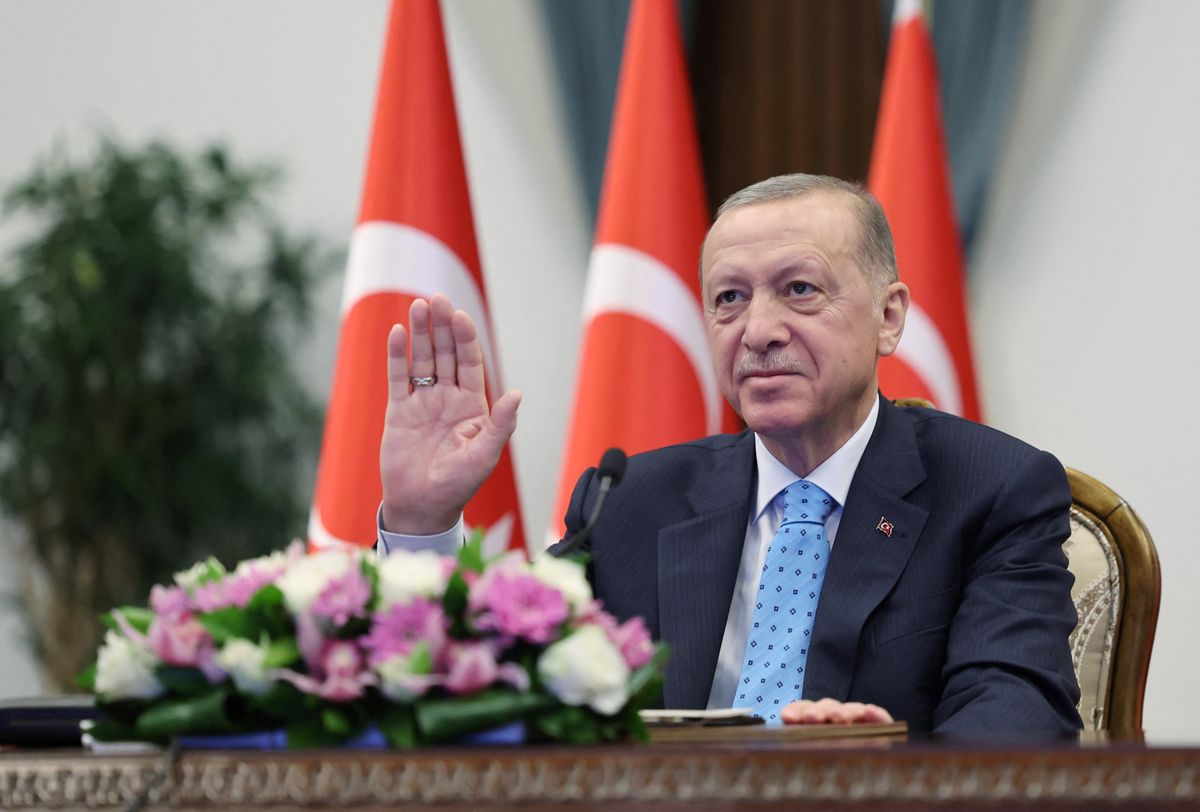Recep Tayyip Erdoğan, the man who has dominated Turkey’s politics for a generation, was once mayor of Istanbul, and that job helped vault him to national leadership. “Whoever wins Istanbul, wins Turkey,” he once said.
That’s why, in 2019, he took it personally when his party’s mayoral candidate, Binali Yıldırım, came up short. In a city with 10 million voters, the opposition’s Ekrem İmamoğlu beat Erdoğan’s man by a mere 13,000 votes.
But Erdoğan refused to accept the loss.
Instead, he pressed Turkey’s Supreme Electoral Board to annul the vote and rerun the election three months later. In the rerun, the opposition won again, this time by nearly 800,000 votes. Even Erdoğan had to accept that result.
That was four years ago. Now it’s time for presidential and national parliamentary elections, and here too the margin is expected to be razor-thin. After two decades of Erdoğan’s political primacy, latest polls show a dead heat.
A finally unified opposition alliance backing technocrat Kemal Kılıçdaroğlu, surging inflation, a currency crisis, and scandals arising from devastating February earthquakes have put Erdoğan in a tight spot headed into the first round of voting on May 14. If no candidate wins 50% of the vote, the top two will face off in a second round on May 28.
If Erdoğan loses a frustratingly close election, might he rerun his rerun strategy, this time on a national scale?
That’s not only possible, argues political consultancy Eurasia Group, our parent company. It’s likely. A decisive outcome would be accepted by all sides. But if Erdoğan loses by a fraction, he’ll likely force another do-over. But knowing that he’d likely lose a rerun of free and fair elections, he would also create a crisis to improve his odds for reelection, according to EG’s Turkey research team.
What might that crisis look like?
EG predicts a close Erdoğan loss would provoke the president to demand an annulment of the results – which the board might still refuse to grant – but also call his supporters into the streets of Turkey’s largest cities. We could see barricades of public buildings, including parliament, and police managing surging crowds of both pro- and anti-Erdoğan demonstrators.
Turkey’s military, which has suffered large-scale purges since a 2016 coup attempt against Erdoğan disintegrated, would try to remain neutral, though its success might depend on the ability and willingness of police to maintain order. The period leading up to a hypothetical rerun election could be dangerously unpredictable, though the opposition, according to Eurasia Group, would likely focus less on demonstrations than on beating the president by a more decisive margin, as in Istanbul four years ago.
Here’s a footnote worth considering. Though Erdoğan did accept the rerun result in Istanbul in 2019, the victor in that race, Ekrem İmamoğlu, was later charged with the crime of insulting the officials who annulled his initial victory by calling them “fools.” He was sentenced to prison and banned from politics, though he remains free pending appeal. Critics say Erdoğan wanted him banned because he feared he’d make a good rival presidential candidate.
Erdoğan never gives up, but neither does the opposition. If Kılıçdaroğlu defeats him in the upcoming election, he has pledged to make İmamoğlu one of his vice presidents.



















